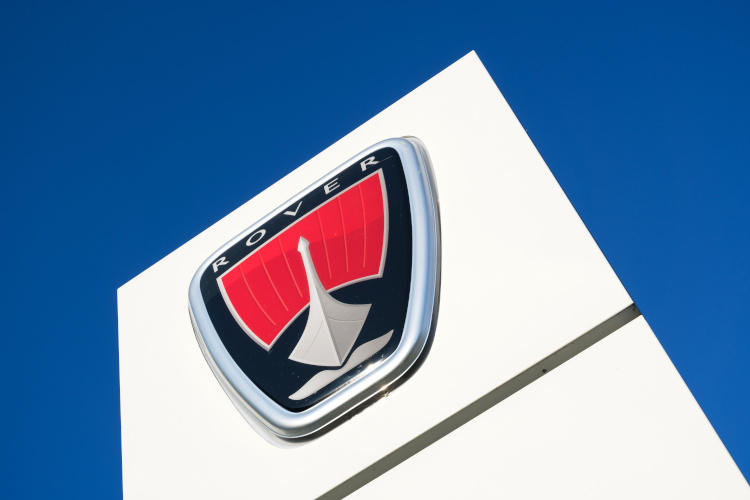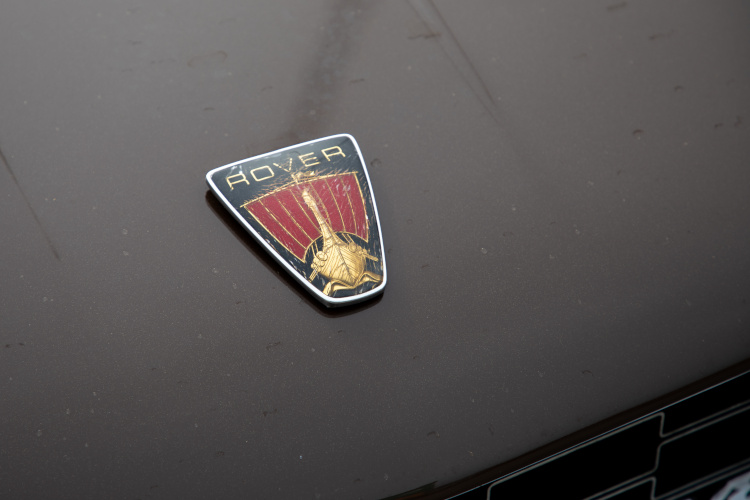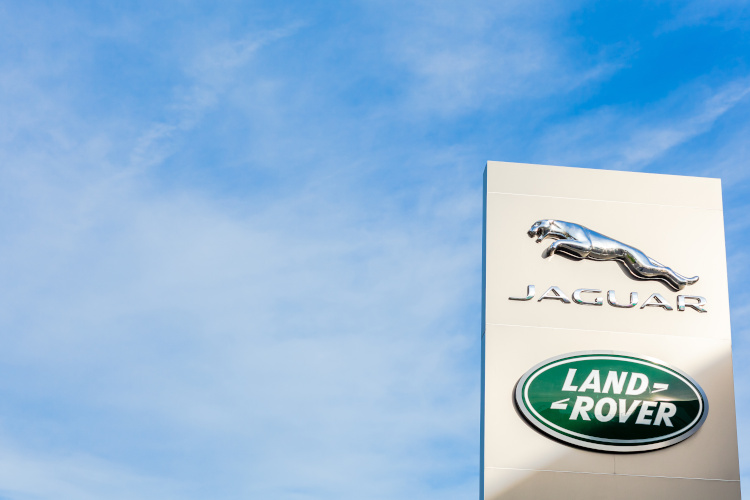Join the conversation
We love to hear from our customers. Connect with us today and let’s start a conversation.
...searching

Rover were a British car brand that had garnered a loyal customer base in the automotive industry for over 100 years.
A recognisable logo may lead to curiosity of where the car brand has been in regard to new car models on the road.
Whilst the easy answer of Rover being discontinued is correct, the marque technically still exists, with Rover remaining dormant under the Tata Motors ownership.
With Rover still being in spirit through the acquisition of the Rover brand from Tata Motors, this article is going to cover what happened to the once popular car manufacturers, and where the brand’s influence still exists in the automotive industry today.
Founded in 1878, Rover started out as bicycle company in Coventry, England, innovating with products such as the Rover Safety Bicycle.
It included all the fundamental features of modern bicycles, such as a chain drive, allowing both wheels to be the same size.
The introduction of the safety bicycle made cycling immensely popular among both men and women.
After a successful period in bicycle production, car manufacturing called to Rover, with the company producing their first ever car back in 1904 – the Rover 8, a single-cylinder 8 hp model.
As one of the earliest British cars, it showcased British ingenuity and engineering prowess, starting the transition of Rover moving from bicycle manufacturing to automotive production.

For decades after, the British car brand continued to innovate in car production, capitalising on the post-WWII automotive boom period, introducing cars models such as the P3, P4, and JET1.
The first major accolade of a Rover car model came through their new SD1 model, where it won European Car of the Year in 1977.
However, a previous creation has seen the bulk of success when regarding Rover, even to this day.
Arguably Rover’s greatest creation is the ever-successful Land Rover, first introduced by Rover Company in 1948.
Rover treated the Land Rover as a utility alternative to the regular Rover passenger car and was initially inspired by the success of Jeep during WWII.
Land Rover would take the global 4x4 market by storm – by the 1960s, Land Rover held a staggering 90% market share in the 4x4 Australian market.
Capalising on the initial success of their 4x4s, the finest Land Rover would be unveiled, with the first Range Rover made its debut in 1970.
Quickly capturing the public's imagination with its distinctive design and exceptional performance, the Range Rover would be the standard bearer of 4x4s going forward with the input of Land Rover's expertise.

Even with the original Rover car brand seeing varying degrees of success throughout the 20th century, it was clear to see between Rover and Land Rover what brand was flourishing the most going in to the new millennium.

Rover had been falling on some tough times towards the end of the 20th century, including the ownership of British Leyland.
Leyland Motors originally acquired Rover as a subsidiary of the company in 1967. Just one year later, the merger of Leyland Motor Corporation and British Motor Holdings seen a new company British Leyland take claim of Rover.
Rover were already up against it, as British Leyland faced regular labour strikes from 1969 all the way through the 1970s.
Constant halting of car production through major labour unrest within the British motoring industry affected Rover’s production capacity, leaving customers frustrated with the sudden decrease in quality, innovation, and reliability of Rover cars.

Once the Rover Group was established as the state-owned successor to British Leyland in 1986, there were high hopes for the brands that fell under their previous ownership, including Rover themselves, but also MG and Land Rover.
Whilst Land Rover started to pick up steam due to the increasing popularity of SUVs going in to 2000, Rover continued to fall by the wayside.
Rover struggled competing with mid-market vehicles that offered more reliable ingenuity from car brands such as Toyota and Honda.
Ownership from BMW (1994 – 2000) and then Ford (2000 – 2005) saw the last decade of the Rover brand, with the discontinuation taking place after the now MG Rover Group went into administration in 2005.
Market demands, corporate shortcomings, and manufacturing difficulties were ultimately Rover’s undoing, as the ongoing decrease in demand for the cars were losing Ford Motor Company on average £200 million a year.
Rover, once a symbol of British engineering excellence, experienced both significant success and notable struggles throughout its lifespan.
Initially gaining acclaim for its innovative designs and reliable vehicles, Rover's reputation was later tarnished by quality issues and financial instability, especially during the British Leyland era.
Despite efforts by BMW in the late 1990s to revive the brand with models like the Rover 75, consistent losses and market challenges led to its downfall.
In 2005, MG Rover entered administration, marking the end of Rover as an active brand. The Rover marque is currently dormant under the ownership of Tata Motors, which acquired it in 2008 alongside Jaguar Land Rover (JLR).

Meanwhile, MG has found a new lease on life under SAIC Motor Corporation, producing new models and expanding globally, with Land Rover and Jaguar car brands thriving under Tata Motors.
Whilst it may have been a turbulent ride, Rover’s impact to British motoring can’t be understated, as the once great car brand has garnered many enthusiasts and fans across its century-old lifespan.
Who knows, maybe Rover will have a legacy run somewhere down the line under Tata Motor’s ownership…

We love to hear from our customers. Connect with us today and let’s start a conversation.